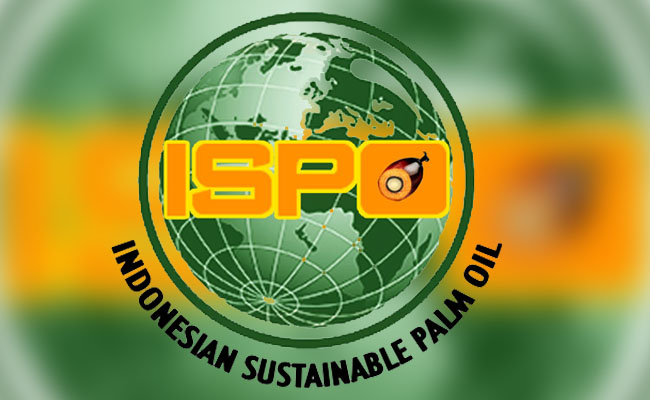On March 13, 2020, a day after the WHO declared the Covid-19 Pandemic, President Jokowi issued Presidential Regulation Number 44 of 2020 regarding the Sustainable Palm Oil Plantation Certification System in Indonesia (Perpres ISPO). The regulation was enacted without considering the demands of various civil society elements to focus on addressing the pandemic.
Referring to the considerations, Perpres ISPO was issued for 3 (three) purposes. Firstly, to establish an effective, efficient, fair, and sustainable palm oil plantation management system to support national economic development. Secondly, to ensure that palm oil plantation businesses are socially, economically, and environmentally viable in accordance with the provisions of the laws and regulations. Thirdly, to replace the previous ISPO certification regulations (Ministry of Agriculture Regulation 11/2015 jo. Ministry of Agriculture Regulation 19/2011) as they were no longer in line with international developments and legal requirements.
In response to the issuance of Perpres ISPO, the Indonesian Legal Aid Foundation (HuMa) published a Legal Opinion to compare the regulations in Perpres ISPO with the previous ISPO certification regulations (Ministry of Agriculture Regulation 11/2015 jo. Ministry of Agriculture Regulation 19/2011). This was done to assess whether the regulations in Perpres ISPO could ensure protection of the environment and human rights, especially the rights of indigenous and local communities.
The strengths of this HuMa Legal Opinion are:
- The study was conducted in April 2020, with the aim of directly responding to Perpres ISPO issued on March 13, 2020. Therefore, the results of this study are still very new and highly relevant to the current situation.
- The study did not intend to support palm oil plantation businesses in general, but found that the substance of Perpres ISPO could harm local communities engaged in oil palm cultivation, and benefit palm oil entrepreneurs.
- This study presents not only the regulations in Perpres ISPO, but also several other regulations related to ISPO, such as previous ISPO Ministerial Regulations and regulations in RSPO. With these various regulations, readers can assess that the ISPO policy trends in Perpres do not address the weaknesses found in the previous Ministerial Regulations. On the contrary, they create new weaknesses that were actually already addressed in the previous Ministerial Regulations.
- This study emphasizes that having seemingly neutral/same policies can lead to discrimination when their implementation results in losses for a specific group of people (indirect discrimination).
- This study underscores that compliance with national laws and regulations does not guarantee that palm oil businesses have met the principles of sustainable development.
The Legal Opinion on Perpres ISPO can be downloaded here.
Other publications can be accessed at the HuMa publication portal.





0 Komentar
Tinggalkan Balasan